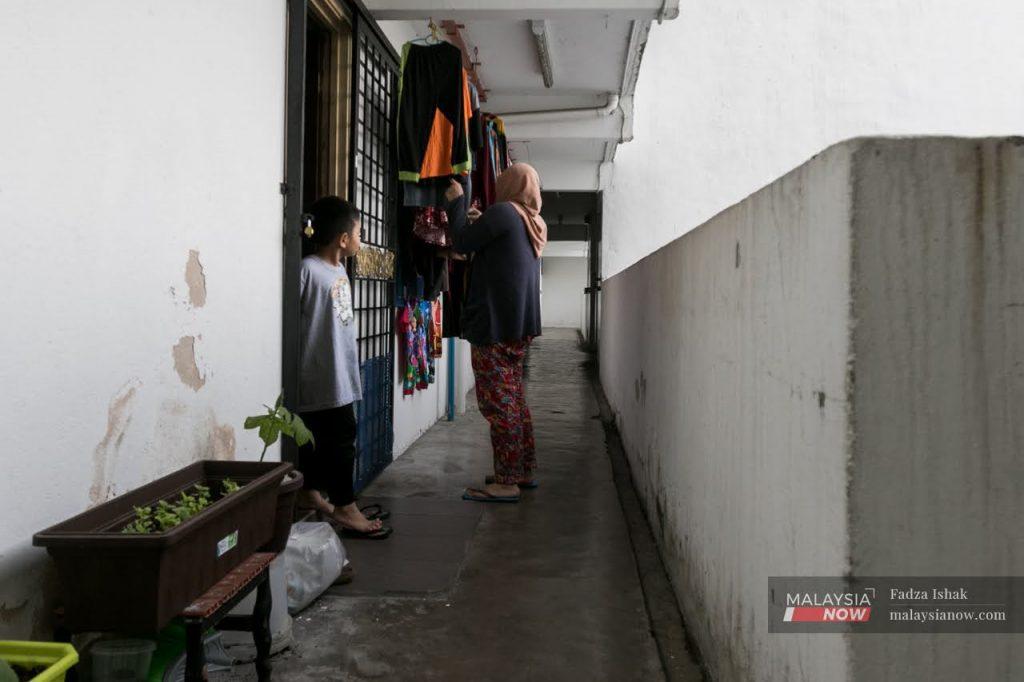B40 families still struggle with unemployment, online learning, UN-backed survey finds
The fourth edition of the 'Families on the Edge' survey shows that the bulk of respondents are unable to buy enough food for their families while others are cutting down on meals.
A recent survey by United Nations agencies has revealed that families in the B40 or lower-income bracket continue to struggle with unemployment while their children are losing interest in school due to difficulties in online learning.
The fourth edition of the “Families on the Edge” survey, conducted by Unicef and the United Nations Population Fund involved 500 low-income households in Kuala Lumpur. The project was carried out over 10 months, from May 2020 to March this year.
It revealed that unemployment among heads of participant households remained at 12%, 2.5 times higher than the pre-crisis baseline. The unemployment rate among households led by females meanwhile was 16%.
Households led by females and those with disabilities had recovered to pre-crisis levels in February and March although their earnings remained low at RM1,300 and RM1,200 respectively.
The survey was conducted through phone interview as well as face-to-face sessions with 50 selected heads of households including single mothers.
“Previous survey rounds found that low-income families appeared to be disproportionately affected by the crisis across a wide range of outcome areas with female-headed households and households headed by persons with disabilities reporting the deepest negative impacts.
“However, our research also confirmed that government policy responses have played a critical role in mitigating the worst of these negative effects,” the study said.
It said the BPN or Bantuan Prihatin Nasional had played an especially critical role in providing partial compensation for reductions in household incomes.
But while other forms of government assistance such as Bantuan Prihatin Rakyat and EduTV had been shown to make critical contributions towards easing financial burdens, the survey showed that more than half of participating households were struggling to cover essential expenses.
It said 60% of respondents were unable to buy enough food for their families while 50% were unable to pay utility bills, mortgages or rent on time.
The survey also showed that 25% of participants had reported continuing to cut down on meals while roughly 33% said it was difficult to give their children enough money to buy food at school.
When it came to studying from home, the survey showed that only 35% of households had access to computers or tablets while the majority – 88% – had to rely on smartphones to access content provided by schools.
While the EduTV programme had been helpful, they said, 40% of respondents reported limitations in their children’s understanding of the content.
Some 80% of parents said their children struggled to focus while 60% said their children had lost interest in studying.
Given their chronic financial struggles and lack of employment opportunities during the pandeimc, the majority of respondents – 80% – believed their financial situation would either remain unchanged or deteriorate over the next six months.
Only 37% of unemployed heads of households in the survey believed they would secure a formal job in the near future.
Subscribe to our newsletter
To be updated with all the latest news and analyses daily.
